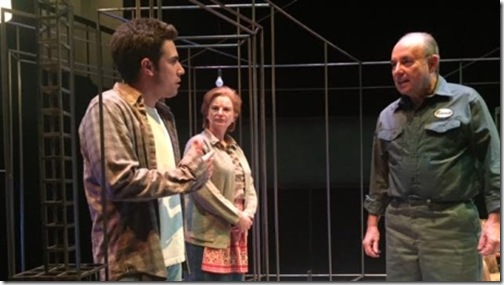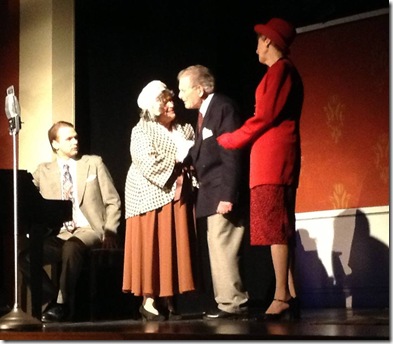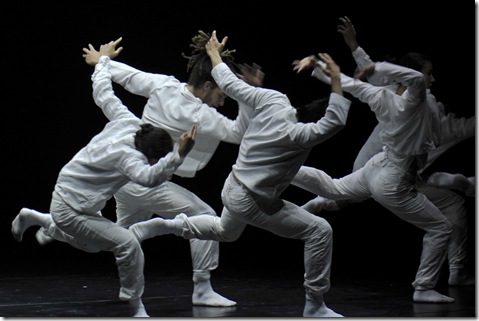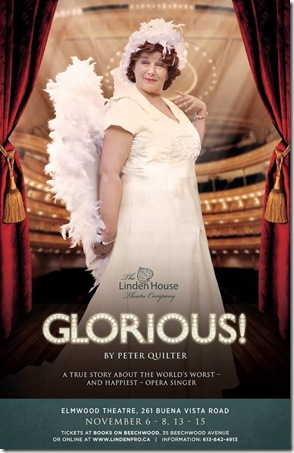The December Man: a play strangled by its own structure!
Photo courtesy of the NAC, English Theatre.
On December 6, 1989, a young man, carrying an assault rifle (Ruger Mini-14) entered the amphitheatre of an engineering course at the University of Montreal (in the École polytechnique), told the boys to leave the room and then shot 14 female students. That evening will be forever engraved in the memory of Canadians but it also fuelled debates on gun control and violence against women across Canada and even in the United States. The play was first performed in 2007 at the Enbridge playwright’s Festival of New Canadian plays (in Alberta) in 2007, directed by Bob white.
Such is the material for real tragedy but structurally, this situation presents a dramaturgical trap because the public is already very much aware of all the details of the drama. So what is left for the playwright to exploit? Is it really possible to construct a narrative, characters, situations, an arc, tension, beautifully written monologues that tear apart the main character, all the elements that are linked to such tragic circumstances when there is nothing left to discover? That kept occurring to me as I was watching Colleen Murphy’s play, in this recent staging by Sarah Garton Stanley.








 « La théâtralité, c’est le théâtre moins le texte ». On connaît la formule, approximative et qui dans ce raccourci déforme la pensée de son auteur plus attaché qu’il n’y paraît à l’équilibre entre scène, texte et présence du spectateur. Qu’un de ces trois pôles disparaisse, s’effondre ou simplement faiblisse et il n’y a plus de représentation théâtrale. C’est qui est arrivé à « Des doutes et des errances » la pièce de Gerty Dambury, mise en scène par Jalil Leclaire et présentée au public martiniquais le 07/11/2015.
« La théâtralité, c’est le théâtre moins le texte ». On connaît la formule, approximative et qui dans ce raccourci déforme la pensée de son auteur plus attaché qu’il n’y paraît à l’équilibre entre scène, texte et présence du spectateur. Qu’un de ces trois pôles disparaisse, s’effondre ou simplement faiblisse et il n’y a plus de représentation théâtrale. C’est qui est arrivé à « Des doutes et des errances » la pièce de Gerty Dambury, mise en scène par Jalil Leclaire et présentée au public martiniquais le 07/11/2015.